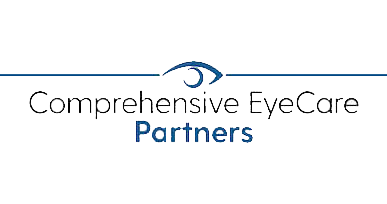A common eye disorder, dry eye occurs when your eyes don’t produce enough tears or the right quality of tears to keep your eyes healthy and comfortable. The symptoms are fairly easy to recognize. They include:
- Stinging, burning or scratchy sensations in your eyes
- The feeling of having something in your eyes
- Difficulty wearing contact lenses
- Difficulty driving at night
- Sensitivity to light
- Eye redness
- Watery eyes
- Blurred vision or eye fatigue
Many people suffer from the condition year round, but even more are affected during the winter months.
Guard against dry eye this winter
In the winter, it’s difficult to avoid the things that contribute to dry eyes. We often run the heater in our homes, go out in the cold wind, or brave glaring sunlight. Still, you can take steps to protect your eyes from the elements. Try these tips:
- Wear protective eyewear. Block wind and dry air by donning a pair of wraparound sunglasses or safety shields that attach to eyeglasses. Ask about safety shields where you buy your eyeglasses.
- Humidify your home. Heating your home in the winter can make the air drier than normal. A humidifier, or even a pan of water on a radiator, will add some moisture back into the air.
- Use artificial tears. For mild cases of dry eye caused by computer use or reading or schoolwork, use artificial tears or other lubricating eye drops. Many brands are available without a prescription.
- Surf below eye level. Position your computer screen below eye level so you don’t have to open your eyes as wide.
- Avoid cigarette smoke. Cigarette smoke can irritate your dry eyes, so stay away from it. Smoking can also increase your risk of developing dry eye in the first place.
- Baby your eyelids. Apply warm compresses to your eyelids, gently wash them with baby shampoo and rinse thoroughly. This can help release the oil in your eyelids’ glands, thus improving the quality of your tears.
- Consider an omega-3 fatty acid supplement. To keep eyes “lubricated,” some people add omega-3 fatty acids to their diets. Omega-3s are found naturally in salmon, sardines, anchovies and flax seeds. Ask your ophthalmologist if omega-3 fatty acids are right for you.
Exceptional dry eye treatment in Puget Sound
When you can’t avoid the discomfort of dry eye, turn to Evergreen Eye Center’s leading-edge dry eye diagnostics and treatments. With the advanced LipiView® Ocular Surface Interferometer, we can pinpoint the cause of your symptoms and determine the most effective treatment.
From regular exams and innovative treatments for dry eye to advanced care for cataracts, retinal disease and vision correction, we support your eye health every step of the way. Our board-certified ophthalmologists are not only highly trained, experienced eye surgeons, they are known as eyecare thought leaders via their contributions to ophthalmic journals and textbooks.
To meet our caring staff and experience eyecare that’s totally focused on you, call 800-340-3595or click here to use our online form and view our four locations.

